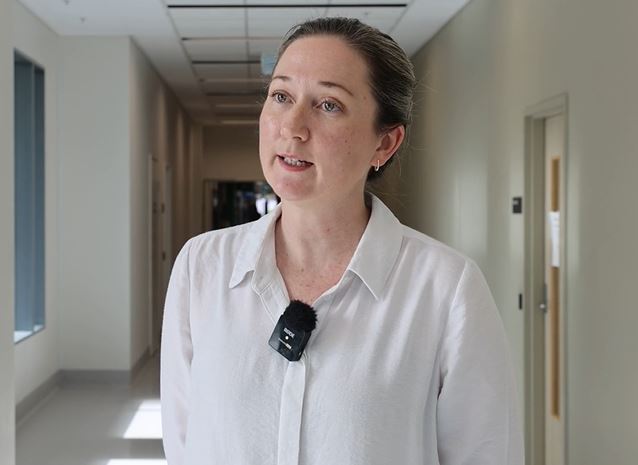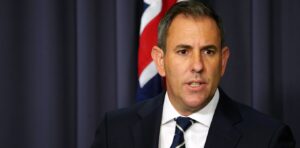
Sunshine Coast Health’s Public Health Unit is actively managing a public health alert following two confirmed cases of measles. The cases involve two adults who traveled from Western Australia and attended a religious festival in Caloundra while unknowingly infectious between October 9 and 13. This development has prompted a swift response from health authorities who are now conducting contact tracing efforts across multiple states.
The festival, which drew over 100 participants from various parts of Australia, has raised concerns as many attendees have since returned to their respective states. Health authorities in these regions have been duly notified to prevent further spread of the disease.
Contact Tracing and Public Exposure
Contact tracing is currently underway, with several public exposure sites identified in Caloundra and Golden Beach. Measles, known for its high contagion level, can spread rapidly in public spaces through tiny droplets released when an infected person coughs or sneezes. Health officials urge anyone present at these sites during the exposure period to monitor for symptoms for up to 18 days.
Early symptoms of measles include fever, tiredness, runny nose, a moist cough, and red, sore eyes. A few days later, a blotchy red rash typically develops, starting on the face and spreading across the body. In light of these developments, individuals who feel unwell are advised to contact their General Practitioner (GP), visit the nearest Emergency Department, or phone 13 HEALTH (13 43 25 84). Importantly, they should call ahead to inform medical staff of potential measles exposure so appropriate precautions can be taken.
Preventive Measures and High-Risk Groups
Even in the absence of symptoms, certain high-risk groups are advised to seek medical advice. These include pregnant women, infants, and immunocompromised individuals. Checking vaccination status is crucial, as immunity to measles is generally assumed if one was born before 1966, has received two doses of a measles-containing vaccine, has proven immunity via a blood test, or has had laboratory-confirmed measles in the past.
“The measles vaccine is free for individuals born in or after 1966. Infants from six months of age who are traveling can also be vaccinated,” stated a health official.
Health authorities emphasize the importance of vaccination, urging those who do not meet the immunity criteria to consult their GP about immunization options. Measles can lead to serious illness, even in otherwise healthy teenagers and young adults, making vaccination a critical preventive measure.
Historical Context and Health Implications
Measles outbreaks, though less common in recent years due to widespread vaccination efforts, still pose significant public health challenges. Historically, measles was a leading cause of childhood mortality before the introduction of the measles vaccine in the 1960s. The current situation on the Sunshine Coast serves as a stark reminder of the disease’s potential impact.
According to health experts, the resurgence of measles in certain areas can often be linked to declining vaccination rates. This incident underscores the need for continual public health education and vaccination campaigns to maintain herd immunity.
For more detailed information on measles and vaccination, individuals are encouraged to visit the Queensland Health website.
As the situation evolves, health authorities will continue to monitor and provide updates. The public is advised to remain vigilant and adhere to health advisories to prevent further spread of the disease.







